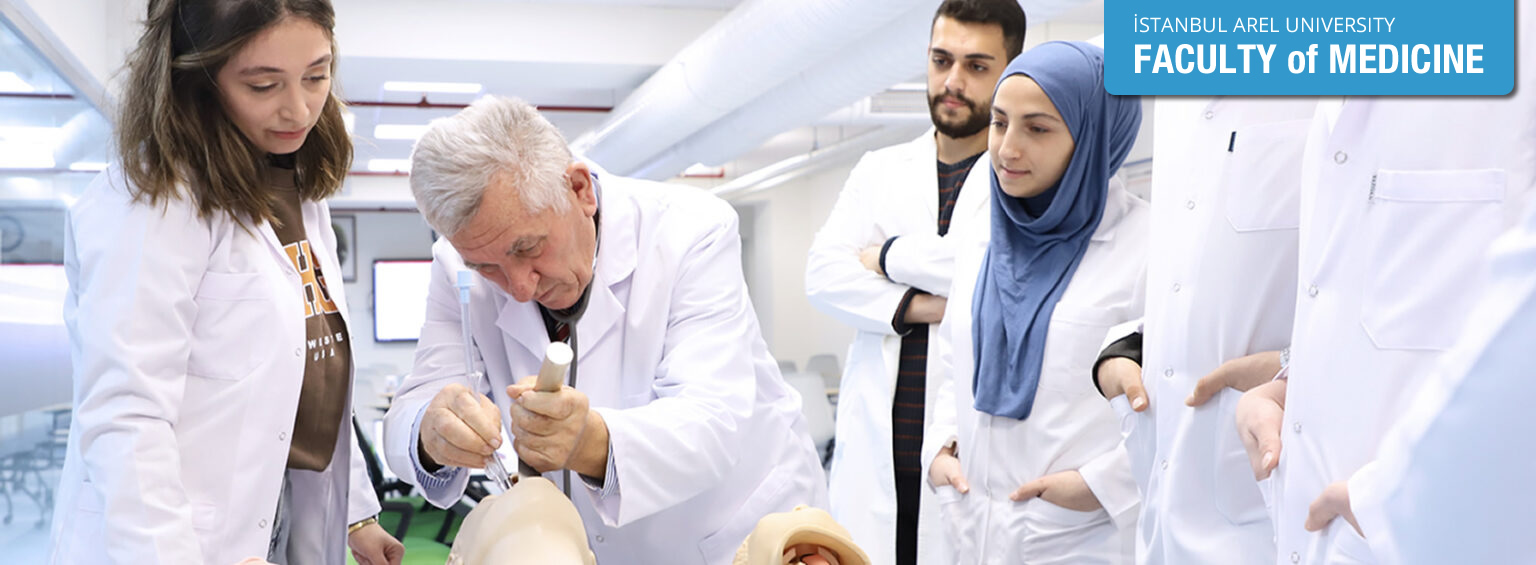Department Of Medical History And Medical Ethics
FACULTIES
MEDICINE

Medical history courses aim to help students understand the values of medicine and the evolving identity of the physician from the past to the present. Medical ethics courses, on the other hand, focus on helping students understand the fundamental ideas, theories, and principles of ethics and how they relate to patient care. The goal of clinical ethics courses is to help students understand the ethical ideals that should be upheld and recognize common ethical concerns and problems that arise in medical practices, surgical procedures, and data use for research at all stages of life. This course makes a significant contribution to the process of forming a physician’s identity.
In order to forecast the future, students enrolled in the History of World Medicine, History of Islamic Medicine, and History of Turkish Medicine courses should be able to analyze historical events and recognize cause-and-effect correlations. The goal is for the physician candidate to be better capable of handling issues in the clinic. It is attempted to develop identity anxiety, responsibility awareness, and professional consciousness. Examining the procedures leading to experimental medicine from a critical vantage point, the impact of past medical practice on the training of modern physicians is assessed. Gained is the capacity to adapt historical research approach to medical methodology. The learner acquires the capacity to deal with “facts” rather than “events” in history, analyze the facts (retrospective evaluation), and assess the phenomena and events that he or she will come across in their social and professional lives. Disease is a process, and the physician who will be deciding on a patient’s course of therapy needs to be able to apply “problem-solving” techniques (the capacity for methodical thought).
Euthanasia, medical research on animals and copying (cloning), distribution of limited resources, feminist bioethics, geriatric ethics, genetic research, medical and clinical ethics, research ethics (plagiarism), patient rights, ethics committees and bioethics (genetic research, organ transplants (transplantation), ethical issues related to reproductive technology (surrogate mothers), and so on are some of the topics covered in medical ethics studies. This discipline is interested in malpractice and other legal issues pertaining to medicine (such as child abuse and neglect, domestic violence, elder abuse), as well as health policies both domestically and internationally.



